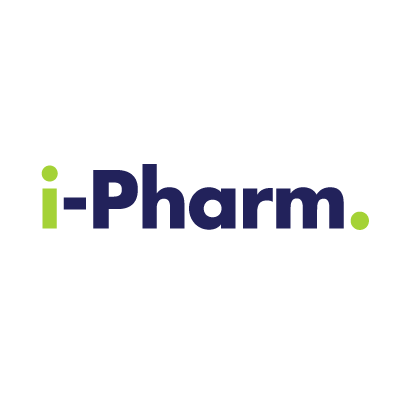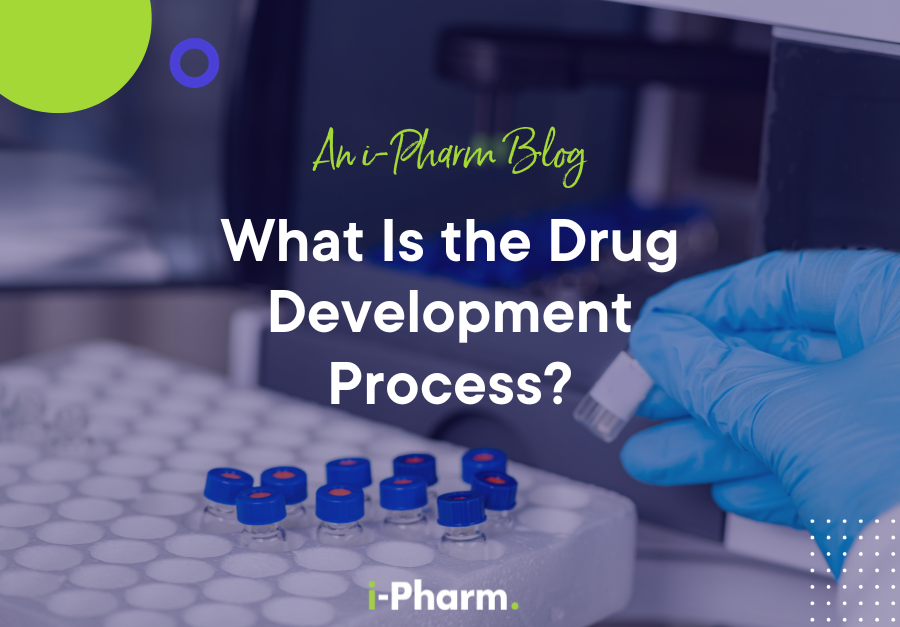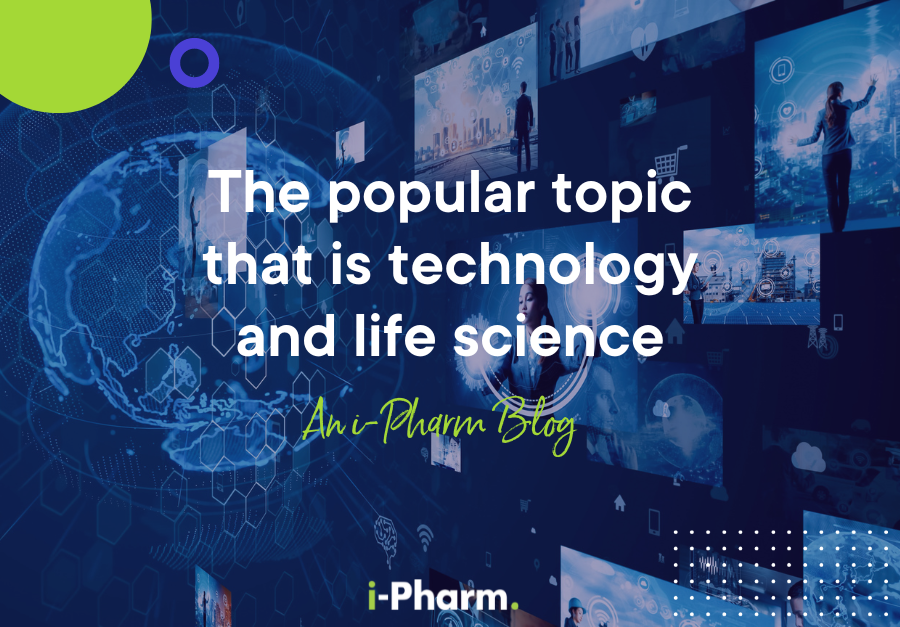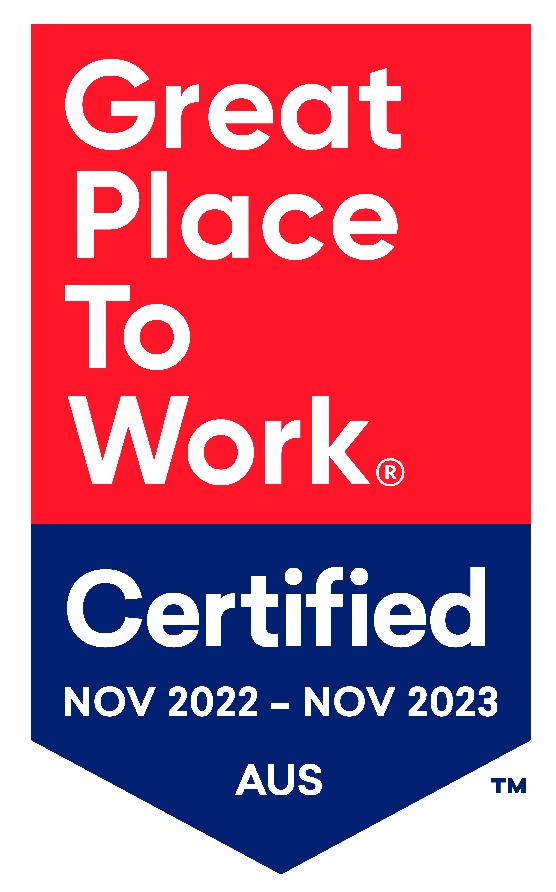The Pharmaceutical Industry and Statistical Programming Advancing and Accelerating Drug Development
31 Mar, 20235 minutesThe pharmaceutical industry is an essential part of healthcare that is constantly working on...
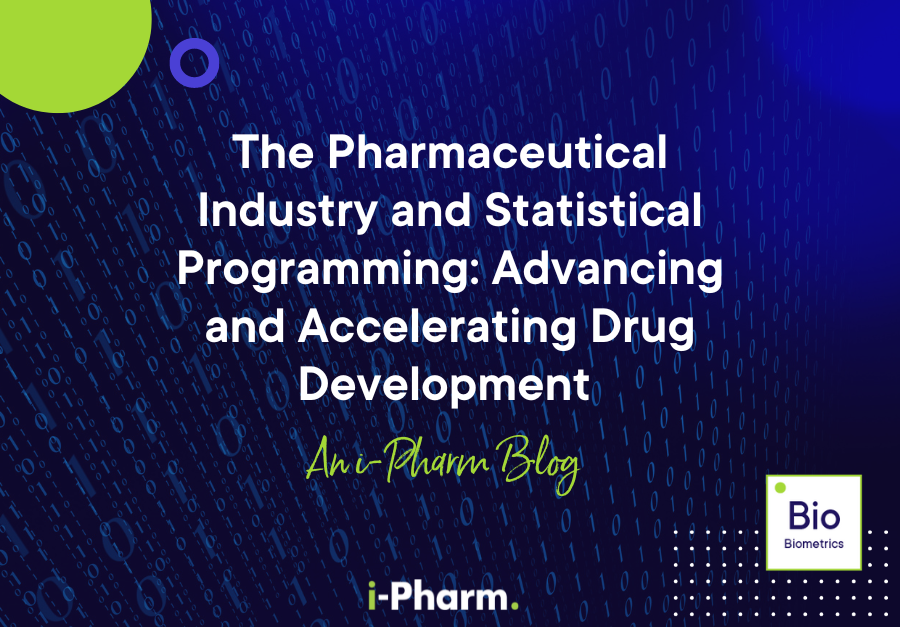
The pharmaceutical industry is an essential part of healthcare that is constantly working on developing new drugs that improve and save lives. With rapid advancements in technology, the process of drug development has become increasingly complex, and it is essential that the industry operates as efficiently as possible.
Statistical programming plays a vital role in this process by providing a means for analysing and interpreting large data to assess the efficacy and safety of drugs, develop clinical trials, and analyse the results of these trials.
In this Insights Article, we will explore the various ways statistical programming is used in the pharmaceutical industry, its benefits and skills you need to succeed, and its future in the field.
What role does statistical programming play in the pharmaceutical industry?
One of the main ways in which statistical programming is used in the pharmaceutical industry is to analyse data from clinical trials. This data is used to determine the safety and efficacy of new drugs and to identify any potential side effects. Statistical programming allows researchers to accurately interpret this data and make informed decisions about the development and approval of new medications.
In addition to analysing clinical trial data, statistical programming is also used in other areas of drug development. For example, it can be used to identify potential drug targets, to design and optimize drug formulations, and to predict the likely success of new drug candidates. By utilizing statistical programming, pharmaceutical companies can make more informed decisions about which drugs to pursue and how to optimize their development.
What are some of the benefits?
The use of statistical programming in clinical trials has numerous benefits that help advance and accelerate drug development, including:
- Improved accuracy and reliability of data analysis: Statistical programming allows researchers to analyse large amounts of data in a precise and consistent manner. This ensures that the results of clinical trials are accurate and reliable, which is essential for making informed decisions about the safety and efficacy of new drugs.
- Enhanced ability to identify trends and patterns: Statistical programming allows researchers to identify trends and patterns in data that may not be immediately apparent. For example, it can be used to identify subgroups of patients who may respond differently to a particular treatment. This can help researchers better understand how a drug works and identify potential ways to optimize its use.
- Increased efficiency of data management: Statistical programming can streamline the process of data management by automating tasks such as data cleaning and formatting. This can save time and resources and allow researchers to focus on more important tasks, such as analysing and interpreting data.
Statistical programming plays a crucial role in the pharmaceutical industry, and the skills needed to succeed are varied and numerous. Firstly, it's important to have a solid understanding of the basics of the programming language being used. Knowledge of SAS, for example, is a particular advantage.
In addition, it's essential to be comfortable working with a range of data types, from simple numerical data to complex datasets. You will also need to be able to develop methods to manage, store and analyse data, and interpret the results in the context of the research.
Good communication skills are also essential, as you will need to be able to explain complex programming problems to scientists and other stakeholders. The ability to think critically and problem-solve is also key, as you will be tasked with developing innovative solutions to data analysis challenges.
Finally, being able to clean your data and code are useful and important skills for any Statistical Programmer working in the pharmaceutical industry. Ron Cody’s book “Data Clearing Techniques Using SAS” would be worth a read for anyone looking to improve in this area.
What does the future hold for statistical programming in life sciences?
As the life sciences continue to advance and new technologies emerge, statistical programming will play an increasingly important role in the analysis and interpretation of data. Some of the ways in which statistical programming is likely to shape the future of the life sciences include:
- Big data and machine learning: The amount of data generated by life science research is growing rapidly, and it is becoming increasingly difficult to analyse and interpret this data using traditional methods. Statistical programming and machine learning techniques will be crucial for making sense of this data and identifying patterns and trends.
- Personalised medicine: Statistical programming will be essential for analysing and interpreting data from personalised medicine studies, which aim to tailor treatments to the specific needs and characteristics of individual patients. By analysing data from large numbers of patients, statistical programming can help identify subgroups of patients who may respond differently to a particular treatment and help guide the development of personalized treatment plans.
- Drug development and clinical trials: Statistical programming will continue to be a crucial tool for analysing data from drug development and clinical trials. It will help researchers optimize the design of clinical trials, identify subgroups of patients who may respond differently to a particular treatment, and accurately interpret the results of these trials.
Overall, the use of statistical programming in the pharmaceutical industry is essential for advancing and accelerating drug development. It allows researchers to accurately analyse and interpret data, make informed decisions, and optimize the development of new medications.
By leveraging the power of statistical programming, the pharmaceutical industry can continue to innovate and bring new, life-saving drugs to market.
Discover how we can help
At i-Pharm, we focus on changing lives by placing people at the heart of life sciences. Whether you're seeking an entry-level opportunity or a more senior position, our specialist recruiters have access to the world's best roles. So, if you're interested in moving into the life sciences industry or looking for a new opportunity within a particular sector specialism, our life science recruitment team can help.
Discover our life sciences jobs, visit our candidate's page or contact us today to see how we can unlock your potential.
